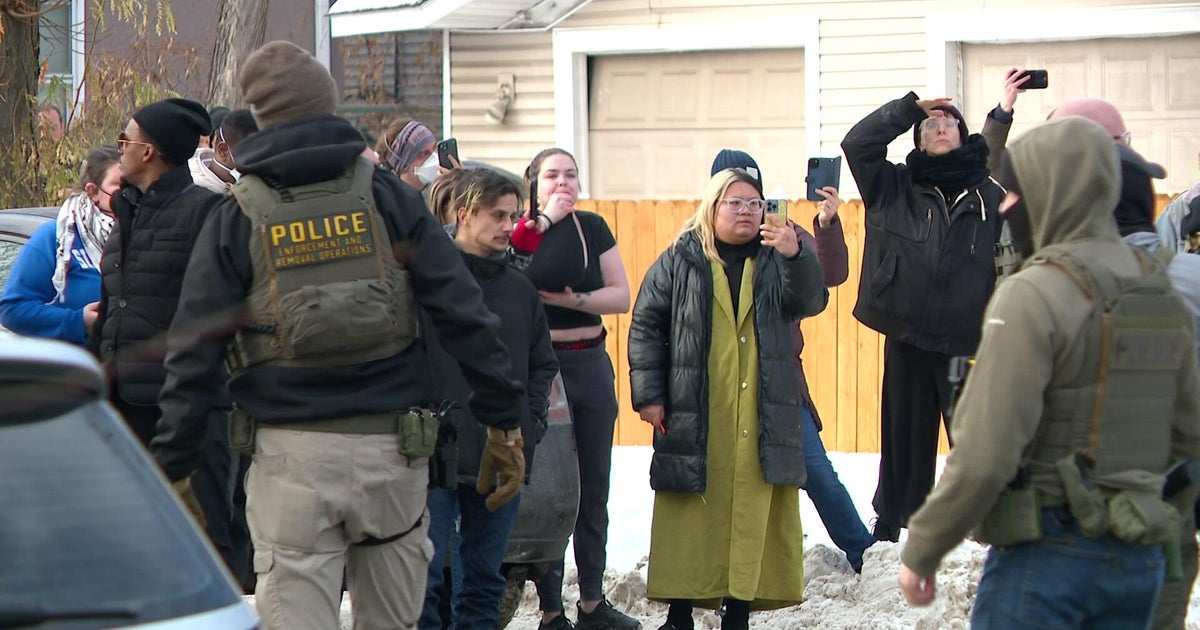37 US Children Die In Hot Cars Each Year, Report Says
(CNN) -- The official start of summer comes later this month, but already children have died after being left unattended in hot cars, according to the nonprofit National Safety Council, drawing attention to an issue that kills an average of 37 children a year.
The council released a report this month that says 742 US children died of heatstroke in vehicles between 1998 and 2017. Forty-two children died in these conditions in 2017, up from 39 the previous year.
Just 21 states have laws regarding this issue, the report says; eight include the possibility of felony charges for individuals who deliberately leave a child alone.
"There is a patchwork system across the country," said Amy Artuso, the council's senior program manager of advocacy. "We are calling for codification or increased consistency across the states. Either pass legislation, or improve existing legislation to better protect children."
The report highlights the three main circumstances that result in pediatric vehicular hyperthermia: Fifty-five percent were parents or other caregivers unknowingly leaving a child behind, 27% were children gaining access to a car on their own, and 18% were parents or caregivers purposely leaving a child inside.
Typically, a caregiver plans to keep the child in the car for only a few minutes to run an errand and has no malicious intent. However, the sun creates a "greenhouse effect" in vehicles, according to a 2005 study. On an 86-degree day, the temperature in a car can increase by 19 degrees in as little as 10 minutes. A child's body overheats faster than an adult's and can start shutting down before then.
"We want parents to always look before they lock," Artuso said. "Many parents who have lived this nightmare have said their mind was on autopilot."
Stephanie Salvilla of Orlando, Florida, is one of those parents.
One morning in July 2009, she was running on four hours of sleep and adjusting to a new routine. Her husband put the children in the car that morning, so she did not place bottles in the front seat as a reminder like she normally did.
Salvilla first dropped off her 5-year-old daughter, and she says her brain "rebooted" when she saw her work building. Her 5-month-old son, Gannon, stayed behind in the car and the blistering Florida sun. She spent the day chatting to colleagues about him and planning weekend activities. It was after work when she found her son lifeless in her car.
Salvilla now speaks with parents to remind them that the experience could happen to anyone.
"Maybe they feel like a good parent could never forget," she said. "Maybe they feel like their love for their child would supersede their nerve cells and memory cells."
Salvilla also works with the safety organization KidsAndCars.org advocating for technology in cars to remind parents to check the back seat before locking up and walking away.
"There are reminders to put your seat belt on, turn off the headlights and take the key out of the ignition," said Janette Fennell, president and founder of KidsAndCars.org. "There should be something that tells you if you've left your child behind."
Salvilla says such reminders would have helped her. "With one simple change of routine that morning, I lost my son, and it was my fault," she said. "I needed those visual cues, and it failed."
Provisions to require visual or audio reminders for children left in cars have been included in the federal SELF DRIVE Act, which was introduced and passed the House in 2017. The comparable AV START Act was introduced in the Senate the same year and passed the Committee on Commerce, Science, and Transportation and awaits confirmation by the full Senate.
The new National Safety Council report also calls for the protection of anyone who acts in "good faith" to save a child from a hot car, the removal of "safe" time periods when kids may be left unattended in cars and the allocation of money from fines to education programs for parents, caregivers and offenders.
While supporters wait for these technological upgrades, the council and KidsAndCars.org advise caregivers to keep purses, cell phones or even a shoe in the back seat as a mental prompt to look before locking. Setting up a system with child care providers to contact guardians if a child does not show up as expected could also lead to a decrease in these preventable deaths, they say.
The-CNN-Wire
™ & © 2018 Cable News Network, Inc., a Time Warner Company. All rights reserved.







